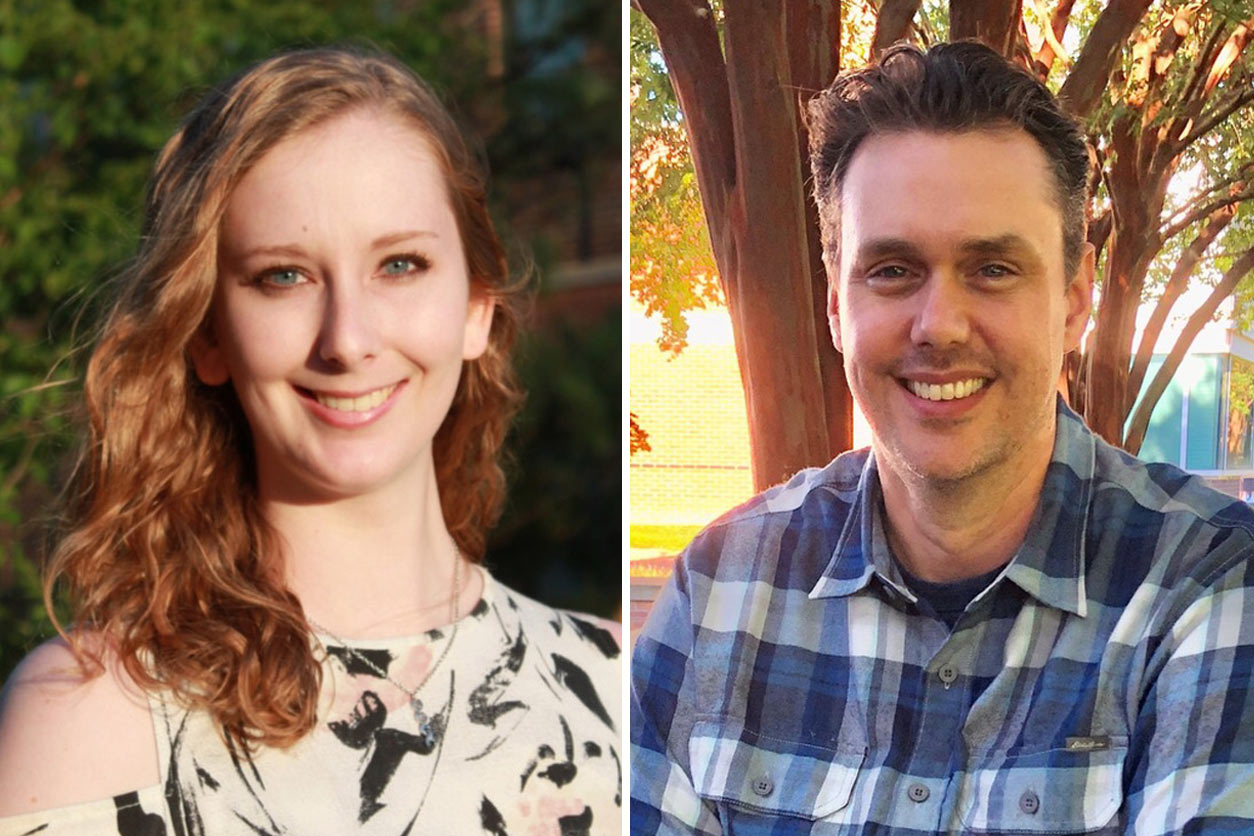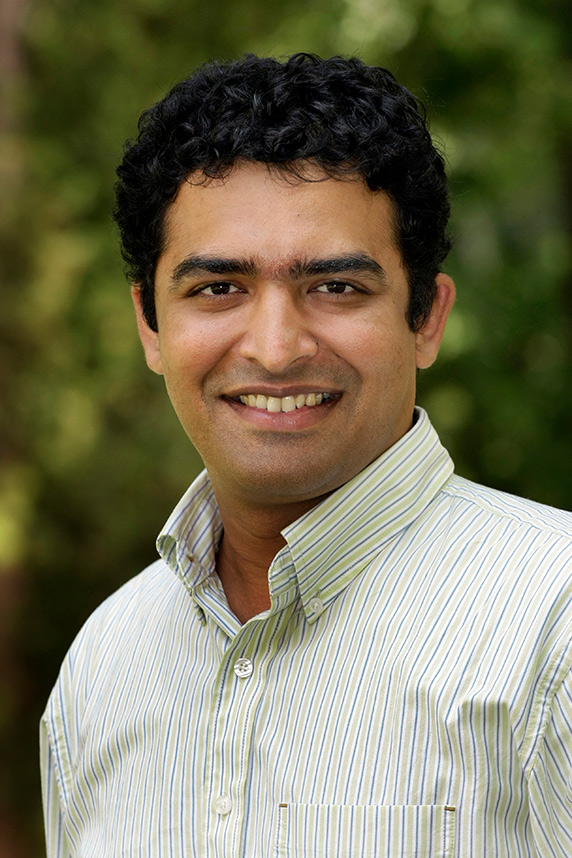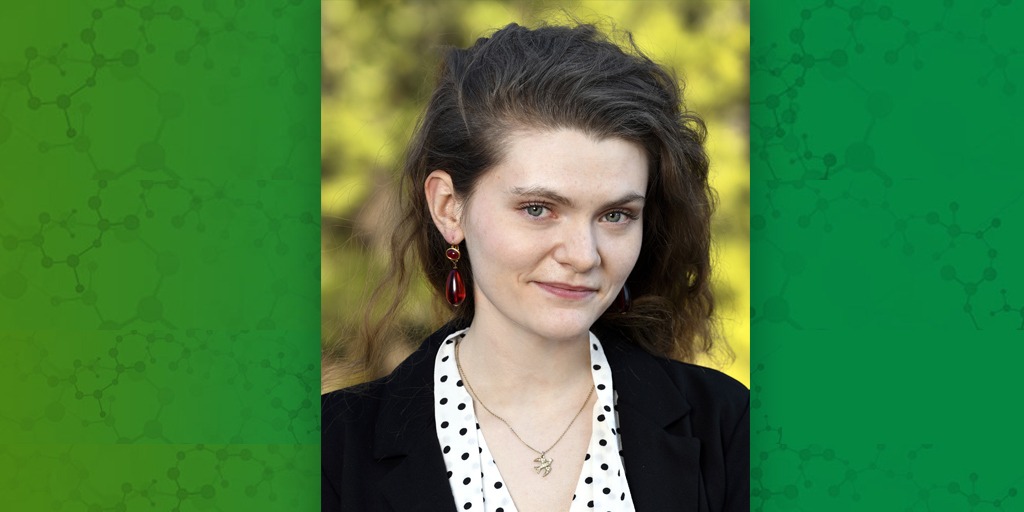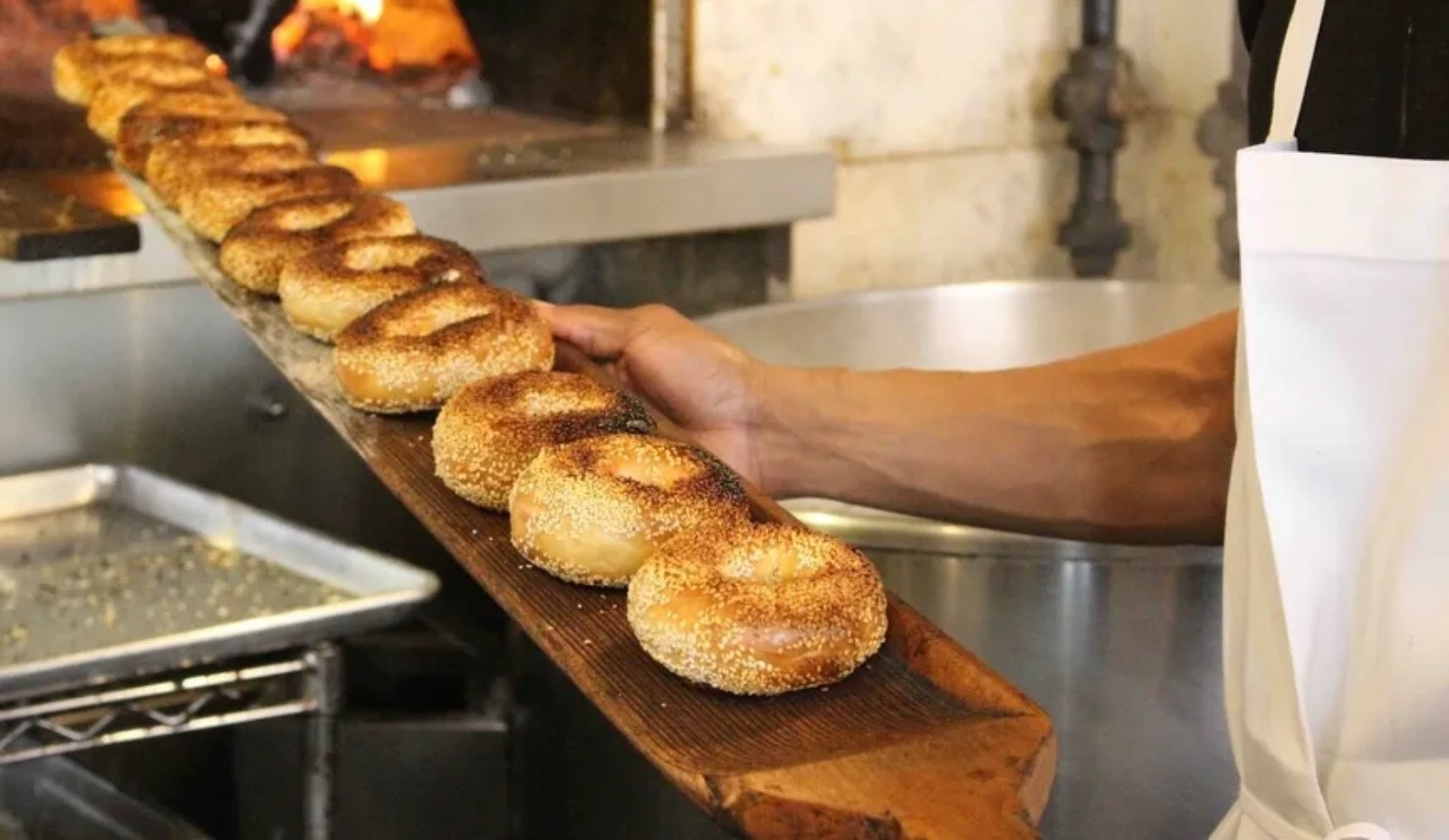NIEHS scientists discussed cancer mutation biomarkers, molecular toxicology, and the latest advances in carcinogen identification at the virtual fall meeting of the Genetics and Environmental Mutagenesis Society (GEMS) of North Carolina, held Nov. 2. Institute trainees and grantees were recognized for their research success, and retired NIEHS toxicologist Barbara Shane, Ph.D., earned a Lifetime Achievement Award (see sidebar).
Tobacco smoke exposure, COVID-19 research
Kathleen Embury, a postbaccalaureate fellow from the NIEHS Environmental Epigenomics and Disease Group, led by Douglas Bell, Ph.D., earned the second place student research award. Her winning abstract was titled “Detecting Epigenetic Effects of Poly Aromatic Hydrocarbon Exposure in Mouse Bone Marrow With DNA Methylation Array Analysis.”
“We are all excited for Kathleen, who has done an outstanding job analyzing and presenting this complex epigenetic study,” said Bell.
Embury joined NIEHS after earning her undergraduate degree in biomedical engineering from Duke University in 2020. She studies the epigenetic changes and disease mechanisms involved in tobacco smoke exposure in mice, the subject of her GEMS presentation, and she also helps to investigate a novel rapid testing method for SARS-CoV-2, the virus that causes COVID-19. Embury attributes her success to her mentors and lab colleagues.
“I am so honored to be a member of this lab,” she said. “It is a wonderful space to share thoughts and get feedback. I really want to look more into epigenetics and disease mechanisms, and that’s what my lab focuses on. My experience at NIEHS helped me hone my research interests.”
She is applying to both medical and doctoral programs, and she plans to use her $750 award from GEMS for application fees. Embury said she is exploring programs where she can continue her independent research, and she hopes her work will one day improve health outcomes for underserved populations.
Cadmium, liver disease, and fetal growth restriction
Two doctoral trainees in the lab of NIEHS grantee Michael Cowley, Ph.D., from North Carolina State University, also were recognized at the meeting. Sierra Moorefield won the first-place student research award and a $1,000 prize for her paper related to cadmium-induced nonalcoholic fatty liver disease. Mark Simmers was awarded third place and $500 for his work examining biological mechanisms involved in cadmium exposure and fetal growth restriction.
Cowley said that he was proud to hear about his students’ awards but not necessarily surprised. He shared that they are engaged, talented scholars.
 Moorefield, left, and Simmers, right, conduct innovative research into developmental epigenetics and the environment under the direction of Cowley. (Photos courtesy of Mike Cowley)
Moorefield, left, and Simmers, right, conduct innovative research into developmental epigenetics and the environment under the direction of Cowley. (Photos courtesy of Mike Cowley)“Mark and Sierra are both passionate about teaching, and they have been active participants in the NIEHS-funded program at NC State that brings high school teachers from high-poverty schools into research labs for a summer,” he said, adding that both will graduate in 2022.
Identifying cancer-causing chemicals
Arun Pandiri, Ph.D., who leads the Molecular Pathology Group in the NIEHS Division of the National Toxicology Program, presented “Potential Application of Duplex Sequencing to Identify Nongenotoxic Carcinogens.” He said that such sequencing is an extension of a more common approach used to identify genotoxic cancer-causing substances.
A genotoxic carcinogen is a cancer-causing chemical that damages genetic material, whereas a nongenotoxic carcinogen is a substance capable of producing cancer through a secondary biological mechanism not related to direct gene damage.
 Pandiri, a former GEMS president, is interested in chemical-induced carcinogenesis and toxicologic pathology of digestive and respiratory systems, among other topics. (Photo courtesy of Steve McCaw / NIEHS)
Pandiri, a former GEMS president, is interested in chemical-induced carcinogenesis and toxicologic pathology of digestive and respiratory systems, among other topics. (Photo courtesy of Steve McCaw / NIEHS)No perfect approach to finding all carcinogens exists, Pandiri said, but duplex sequencing will aid in the development of a growing catalog. He explained the steps involved in such sequencing and highlighted an error-correcting step to check for true gene mutations.
Other NIEHS trainees, Alexander Merder, from Bell’s group, and Miaofei Xu, Ph.D., from Pandiri’s group, presented research at the conference and participated in the student competition. At the end of the meeting, it was announced that Kathryn Bailey, Ph.D., a toxicology team leader at Syngenta Crop Protection, LLC, will serve as the new GEMS president. She succeeds George Woodall, Ph.D., a toxicologist from the U.S. Environmental Protection Agency.
(Jennifer Harker, Ph.D., is a technical writer-editor in the NIEHS Office of Communications and Public Liaison.)
Source link
factor.niehs.nih.gov


